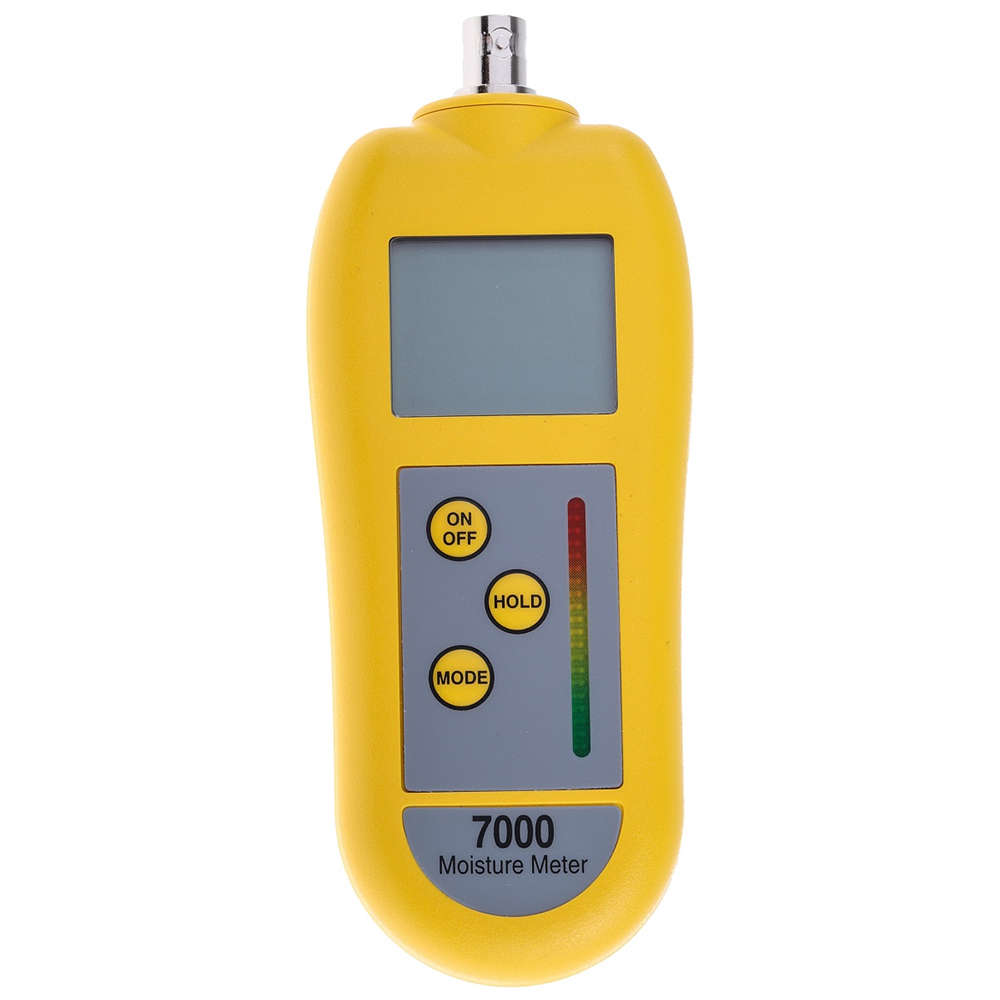Moisture Meter Reviews: Contrasting the very best Versions for Specialist and Do It Yourself Usage
The Ultimate Overview to Moisture Meters: A Comprehensive Review and How They Can Conserve You Cash
In the world of structure maintenance, building, and numerous industries, the significance of precisely gauging wetness degrees can not be overstated. Moisture meters work as vital devices in identifying and checking moisture content in products, aiding in preventing costly damages and guaranteeing the quality of items. Recognizing the subtleties of different types of dampness meters, their applications, and the prospective cost-saving benefits they use can be a game-changer for experts and companies alike. Discovering exactly how these gadgets can not only simplify processes but also add to economic cost savings is a trip worth embarking on.
Kinds of Moisture Meters
Numerous sorts of wetness meters are available for different applications in different industries. One common type is the pin-type moisture meter, which gauges the electrical resistance between two pins inserted right into a material. This kind is suitable for timber, drywall, and various other building materials. Pinless moisture meters, on the other hand, usage electro-magnetic sensor plates to check a bigger location without triggering damages to the material's surface. These meters are perfect for swiftly assessing wetness degrees in big locations such as floors and wall surfaces.
Infrared dampness meters determine the thermal buildings of a product to determine its wetness web content non-invasively, making them useful for applications where pin or pinless meters may not be suitable. Comprehending the different kinds of wetness meters available can help industries choose the most ideal tool for their specific moisture dimension requirements.

Benefits of Making Use Of Moisture Meters

Furthermore, making use of moisture meters can lead to increased energy performance. In agricultural setups, moisture meters play a critical function in optimizing plant yields by enabling farmers to keep an eye on soil moisture levels and make educated watering decisions.
Just How to Choose the Right Moisture Meter
Selecting the appropriate moisture meter entails considering essential variables such as product compatibility, measurement array, and calibration precision. When selecting a dampness meter, it's important to make certain that the meter appropriates for the particular product you will certainly be testing. Various materials have differing electrical buildings that can affect wetness analyses, so selecting a meter designed for your product is essential for accurate results. Furthermore, consider the measurement series of the moisture meter. Make sure that the meter can spot dampness degrees within the range required for your applications. Calibration accuracy is another crucial factor to maintain in mind (Moisture Meter). Choose a moisture meter with trustworthy calibration to make sure regular and accurate readings. Some meters might call for regular calibration adjustments, so comprehending the calibration procedure is necessary. By thoroughly reviewing these elements, you can pick a dampness meter that meets your requirements and gives precise moisture measurements for your jobs.
Proper Techniques for Moisture Meter Usage
To make certain accurate moisture readings and make the most of the effectiveness of a wetness meter, utilizing proper methods is important. When making use of a pin-type moisture meter, put the pins or probes into the material being examined till they make full contact. By adhering to navigate to this site these proper strategies, users can count on their dampness meter to give credible dampness levels, aiding in stopping expensive damage or making sure top quality in different applications.

Cost Savings With Moisture Meter Applications
How can the strategic application of wetness meters lead to significant expense financial savings throughout numerous sectors? In the farming sector, dampness meters help in determining the optimal time for harvesting plants, avoiding over-drying or excess wetness that can affect the last item's high quality.

Furthermore, in the food processing industry, moisture meters are essential for checking item top quality and ensuring compliance with safety policies. By accurately gauging dampness content in food, suppliers can protect against spoilage, keep freshness, and minimize waste, leading to significant price financial savings. Generally, the calculated application of wetness meters is a beneficial financial investment that can result in significant price reductions and improved effectiveness throughout numerous industries.
Conclusion
To conclude, moisture meters are beneficial devices for finding and measuring dampness degrees in various products. By utilizing the best moisture meter and complying with proper methods, individuals can effectively prevent costly problems brought on by excess wetness. Buying a high quality wetness meter can bring about considerable cost savings over time by recognizing possible problems early on and allowing timely removal. Eventually, wetness meters are crucial instruments for keeping the integrity and look at this site long life of structures and materials.
Wetness meters serve as crucial devices in detecting and keeping an eye on moisture material in products, assisting in preventing expensive damages and guaranteeing the top quality of items. Infrared moisture meters determine the thermal residential properties of a material to determine its dampness material non-invasively, making them useful for applications where pin or pinless meters might not be appropriate.Dampness meters supply invaluable benefits in properly monitoring and evaluating wetness degrees in varied products and atmospheres. In agricultural settings, moisture meters play a crucial role in enhancing plant yields by enabling farmers to monitor see dirt dampness levels and make informed irrigation choices.In final thought, wetness meters are important tools for determining and discovering moisture degrees in different products.